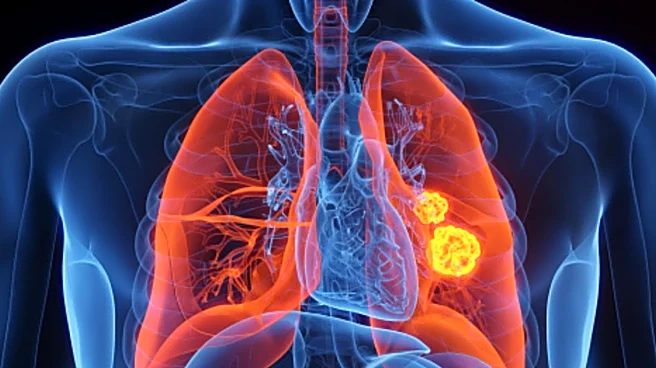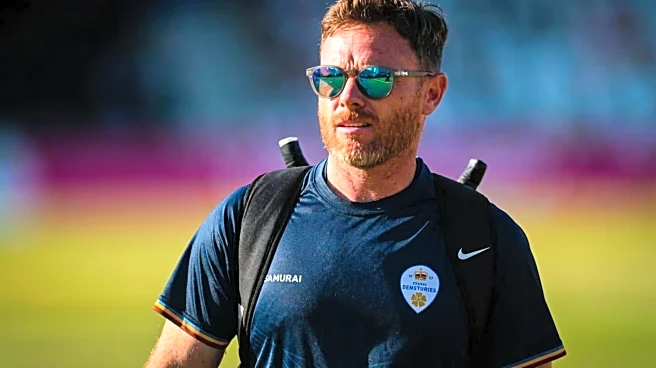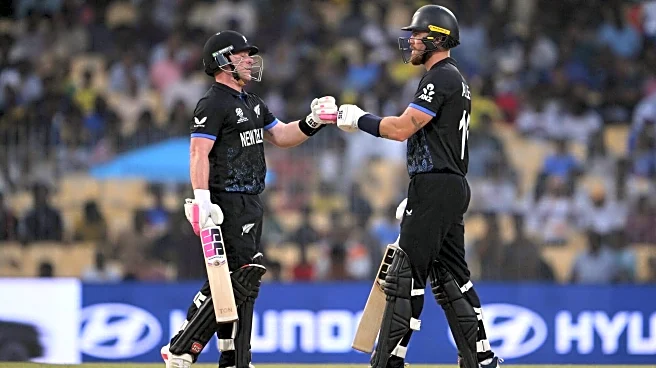Lung cancer remains one of the world’s most challenging and complex diseases, often developing silently and progressing before symptoms become noticeable. While smoking is a well-known risk factor, medical
research shows that lung cancer can and does affect individuals with no history of tobacco use.
At the Centre for Cancer and Palliative Care, Dr Priyadarshini Deo witnesses firsthand the quieter, heavier burden many patients carry: stigma. She explains that one of the most painful aspects of the diagnosis for non-smokers is not just the illness itself, but the misconceptions surrounding it. The long-held myth that “only smokers get lung cancer” is not only scientifically untrue, it is emotionally damaging shaping how patients view themselves and how others perceive them.
Dr Deo, Counsellor at Kokilaben Dhirubhai Ambani Hospital, Mumbai, stresses that a significant number of lung cancer patients today are non-smokers. Genetic mutations, air pollution, occupational exposures, passive smoking, and sometimes no identifiable cause at all can lead to the disease. Yet despite this knowledge, she says patients often face subtle judgments and assumptions that deepen their distress.
During counselling sessions, Dr Deo frequently hears patients expressing guilt or shame, feelings she believes have no place in any healing journey. Patients often tell her, “Everyone thinks I must have done something to cause this,” or, “I don’t smoke, drink, or eat unhealthy, so why me?” She explains that this internalised stigma can lower self-esteem, heighten anxiety, and prevent individuals from seeking emotional or social support at a crucial time.
Families, she notes, are impacted as well. Dr Deo has seen loved ones hesitate to speak openly about the diagnosis out of fear of being judged. This leads to emotional isolation at a time when families need connection and community the most. “Many families quietly carry questions like ‘Why us?’ or ‘What will people think?’ questions that deepen their stress,” she says.
Breaking the stigma requires both compassion and a shift in everyday language. Dr Deo encourages people to replace assumptions with support. Instead of asking, “Did you smoke?” when someone reveals a diagnosis, she suggests starting with empathy: “A simple ‘I’m sorry you’re going through this, how can I support you?’ goes a long way.”
She also emphasises the importance of understanding that lung cancer is not a moral failing. “Cancer is not karma, punishment, or a result of someone’s character,” says Dr Deo. “It is a complex disease, and no one should have to justify their illness to receive compassion.”
Changing the narrative around lung cancer can even save lives. When people believe that only smokers are at risk, they may ignore early symptoms or delay screening. Dr Deo believes that dispelling this myth encourages everyone regardless of lifestyle to pay attention to their respiratory health without fear of being blamed.
Ultimately, Dr Deo highlights that dismantling stigma is both a medical and human responsibility. By replacing judgment with understanding, and silence with supportive conversations, we create a community where every person facing lung cancer receives the dignity, empathy, and reassurance they deserve.


/images/ppid_a911dc6a-image-177073053642295951.webp)

/images/ppid_a911dc6a-image-177073062681389609.webp)
/images/ppid_a911dc6a-image-177073052799078951.webp)
/images/ppid_a911dc6a-image-177073057138049791.webp)



/images/ppid_a911dc6a-image-177073011077578247.webp)
/images/ppid_a911dc6a-image-177073006990549409.webp)
